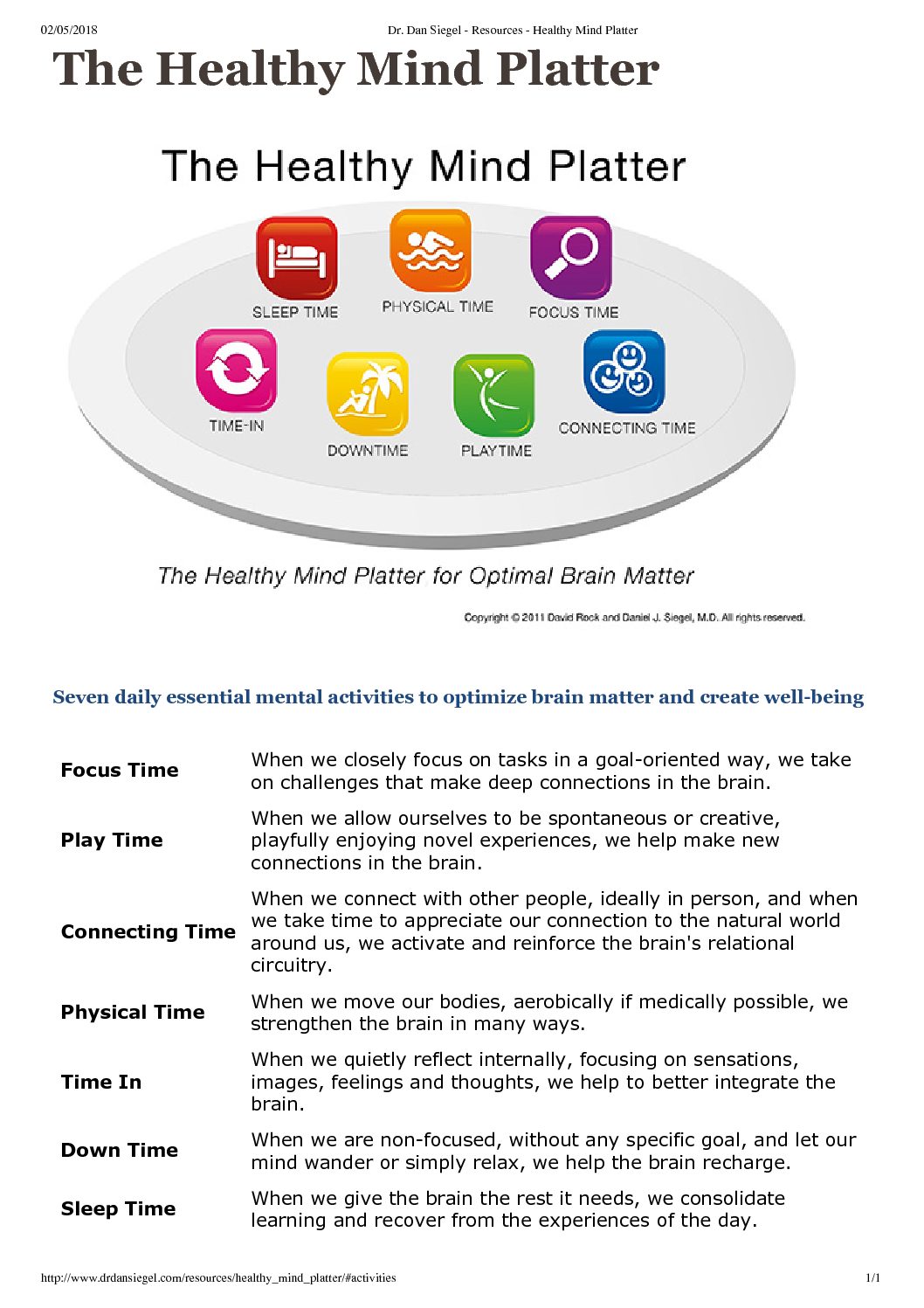What is Mindfulness and how can it Treat Medical Conditions?

What conditions can mindfulness be useful for?
Mindfulness is a bit of a buzzword but what does it mean and why is a GP writing about it? While we often hear about mindfulness in the setting of depression and anxiety, it might surprise you to learn that mindfulness can play a role in treating all sorts of medical conditions where behaviour change is helpful.
What is mindfulness?
I like to explain mindfulness as simply meaning to take notice. This can include paying attention to your thoughts and feelings, your body, what is going on around you and being present in the moment.
Our minds constantly send us messages and sometimes this ‘chatter’ becomes unhelpful and overwhelming. In the modern world, we can be constantly bombarded with information and distractions that affect our focus. Sometimes we operate in autopilot mode and act out of habit without thinking. Mindfulness can be applied to any of these situations if they become problematic.
How can mindfulness be applied to medical conditions?
People suffering with depression, anxiety or stress are often overwhelmed with racing thoughts and negative ‘mind chatter’. Mindfulness can help you become less affected by these thoughts.
People who develop medical conditions as a result of an unhealthy relationship with food, cigarettes or other products can apply mindfulness as part of bringing about behaviour change. We inadvertently develop unhelpful habits in the course of living life and reinforce them daily by repeating our actions. For example, smoking to manage stress, or for a quick reward can be quickly become a deeply ingrained automatic behaviour. Becoming aware (‘mindful’) of these behaviour patterns is the first step to changing unwanted behaviours.
How can I get better at mindfulness?
Like any skill, practice makes perfect. Start with something simple and build up from there.
You can begin to practice mindfulness with exercises similar to meditation. They involve concentrating on something, often your breath. While paying attention to your breath it’s only natural that your mind will wander. That’s ok. The purpose of the exercise is just to NOTICE that your mind has wandered and bring your focus back to your breath. There are many apps that can help you learn these skills, for example Smiling Mind (free), or Headspace (cost incurred after 10 sessions).
Then you can apply mindfulness to activities in your daily life, for example brushing your teeth mindfully, cooking, working or doing homework. While performing one of these tasks mindfully, you notice your mind wander and you gently bring your attention back to what you were doing.
Mindfulness can be applied to eating by noticing why you choose to have a meal. Are you hungry or eating for other reasons such as pleasure or managing emotions? It’s fine to eat for pleasure if you do so consciously and you should enjoy every meal. Slowing down, using all your senses to pay attention to your food and eating without the distraction of a device or screen maximises the experience.
Insomnia can often be caused by a racing mind. Mindfulness principles can be applied here too.
Mindfulness can be applied to many medical conditions. Please give it a try in your daily life. Living in the moment, without distraction might just have a positive impact on your health. If you would like some help on applying mindfulness please see your local GP or psychologist for advice.















